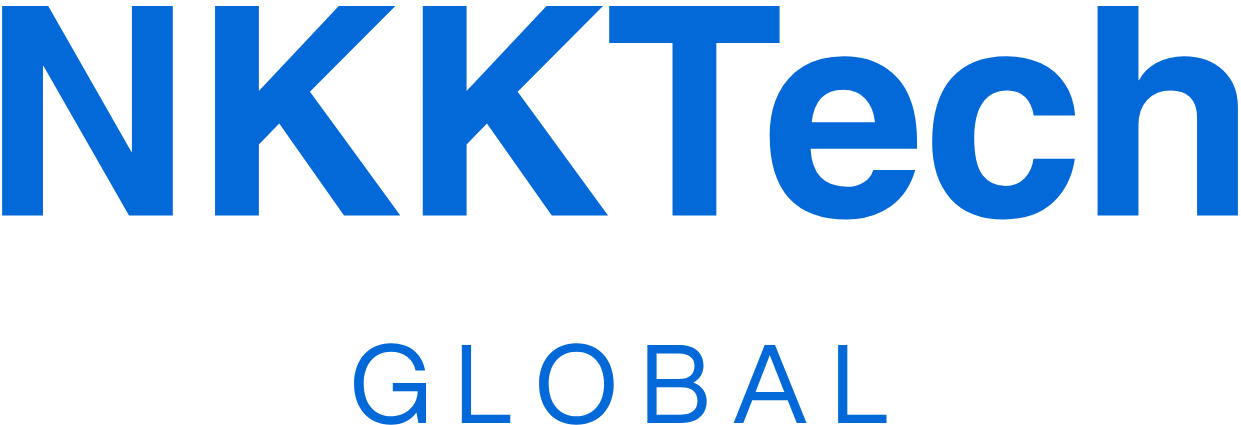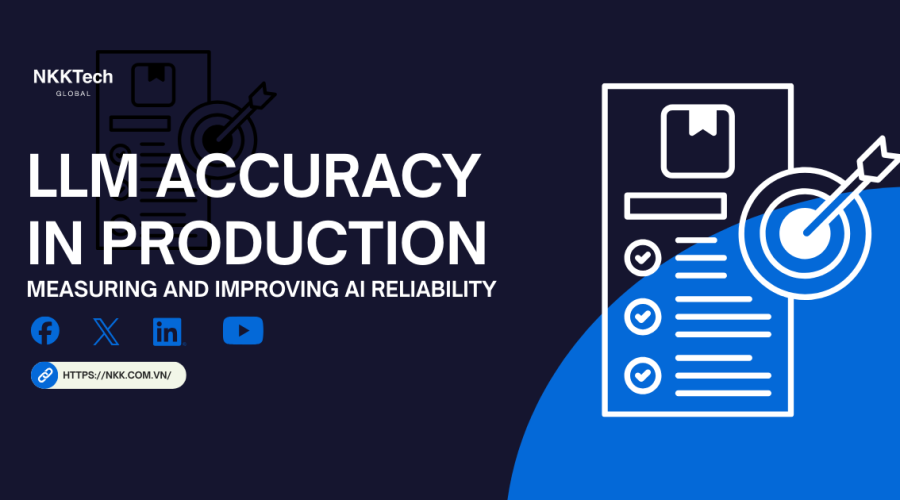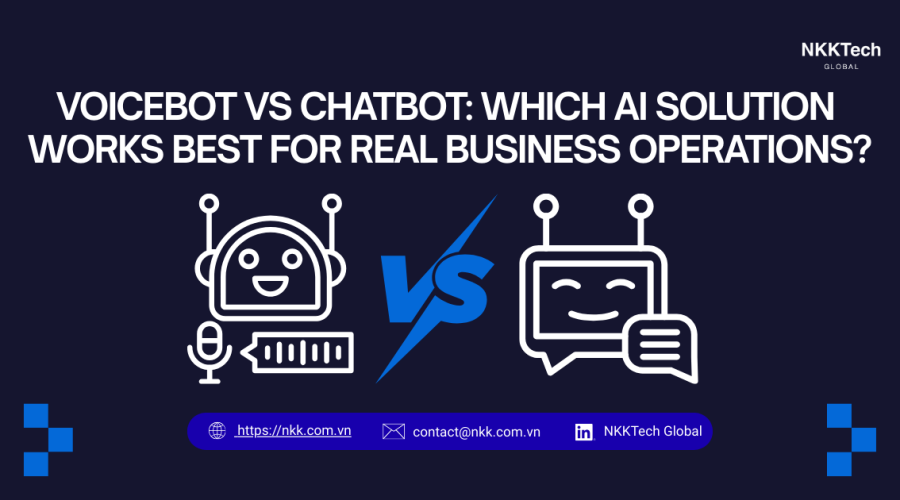Mastering Offshore Development: Achieving Peak Performance and Efficiency
In today’s fast-paced global economy, businesses are constantly seeking innovative ways to reduce operational costs, access specialized talent, and accelerate project delivery. Offshore development has emerged as a powerful strategy, allowing companies to tap into a vast pool of skilled professionals and achieve significant economic efficiencies. However, merely outsourcing doesn’t guarantee success; optimizing performance in offshore development requires a strategic and holistic approach. This article delves into the top recommendations that will help your organization maximize the benefits of offshore partnerships, ensuring your projects are not only delivered on time and within budget but also exceed quality expectations. By implementing these best practices, you can transform potential challenges into opportunities for growth and innovation, making your offshore ventures truly successful.
Table of Contents:
- Strategic Vendor Selection: The Foundation of Success
- Effective Communication Strategies: Bridging the Distance
- Robust Project Management and Methodologies: Driving Efficiency
- Quality Assurance and Risk Mitigation: Ensuring Deliverable Excellence
- Cultural Integration and Team Synergy: Building Cohesive Teams
Strategic Vendor Selection: The Foundation of Success
The success of any offshore development initiative hinges significantly on selecting the right partner. This process goes beyond merely comparing price tags; it involves a thorough evaluation of a vendor’s capabilities, experience, cultural alignment, and long-term vision. Begin by defining your project requirements and expected outcomes with utmost clarity, as this will serve as the benchmark for assessing potential partners. Look for a vendor with a proven track record in your specific industry or technology stack, evidenced by case studies and client testimonials. A strong portfolio indicates their expertise and ability to deliver complex projects successfully. Furthermore, assess their organizational structure, quality assurance processes, and data security measures to ensure they meet your standards. It’s crucial to evaluate their **communication infrastructure** and project management methodologies, as these directly impact collaboration efficiency. Consider conducting site visits or extensive virtual interviews to gain a deeper understanding of their work environment and team dynamics. A reputable partner like NKK Global emphasizes transparency and a proactive approach to partnership, which is vital for building trust and a lasting collaborative relationship. Ultimately, choosing a vendor that aligns with your company’s values and operational style sets a solid foundation for optimizing your **offshore development** efforts from the outset.
Effective Communication Strategies: Bridging the Distance
Communication is often cited as the biggest challenge in offshore development, but with the right strategies, it can become a significant strength. Establishing clear, frequent, and transparent communication channels is paramount for bridging geographical and cultural distances. Implement a robust communication plan that outlines preferred tools (e.g., Slack, Microsoft Teams, Jira for task tracking), meeting frequencies, and key stakeholders for various discussions. Daily stand-ups, weekly progress reviews, and monthly strategic alignment meetings are essential for keeping everyone on the same page. Beyond tools, focus on fostering an environment of open dialogue where team members feel comfortable raising concerns or suggesting improvements. Addressing **time zone differences** proactively is also critical; consider overlapping work hours for critical discussions and establish a system for asynchronous updates. Clear documentation of requirements, decisions, and progress is non-negotiable, acting as a single source of truth for both onshore and offshore teams. Encourage video calls to build personal rapport and reduce misinterpretations that can arise from text-based communication. Regular feedback loops, both formal and informal, ensure that expectations are met and any issues are addressed swiftly, preventing minor problems from escalating into major roadblocks. Effective communication not only streamlines project flow but also strengthens team cohesion, making your **offshore development** team an integrated part of your overall operation.
Robust Project Management and Methodologies: Driving Efficiency
To truly optimize performance in offshore development, adopting robust project management methodologies is indispensable. Agile frameworks, such as Scrum or Kanban, are particularly well-suited for offshore teams due to their iterative nature, emphasis on flexibility, and continuous feedback loops. These methodologies promote transparency, allowing both onshore and offshore teams to track progress, identify bottlenecks, and adapt to changing requirements efficiently. Define clear roles and responsibilities for every team member, ensuring accountability and reducing confusion. Utilize comprehensive **project management tools** like Jira, Asana, or Trello to manage tasks, sprints, backlogs, and bug tracking. These platforms provide a centralized hub for all project-related information, making it easier to monitor progress and maintain visibility. Regular performance reviews and key performance indicators (KPIs) should be established to measure productivity, quality, and adherence to timelines. This data-driven approach allows for continuous improvement and helps in identifying areas where further optimization is needed. Empowering the offshore team with autonomy over their daily tasks, while maintaining oversight through regular updates, fosters a sense of ownership and boosts morale. By implementing structured project management practices, companies can significantly enhance the efficiency and predictability of their **offshore development** projects, ensuring successful outcomes and maximizing return on investment.
Quality Assurance and Risk Mitigation: Ensuring Deliverable Excellence
Maintaining high quality standards and effectively mitigating risks are critical components of successful offshore development. Quality assurance (QA) should be an integrated part of the development lifecycle, not just an afterthought. Establish clear QA protocols from the project’s inception, including detailed test plans, user acceptance criteria, and bug reporting procedures. Implement automated testing wherever possible to ensure consistency and speed up the testing process. Regularly review code quality and enforce coding standards to maintain a clean, maintainable, and scalable codebase. Beyond technical quality, proactively identify and mitigate potential risks that are unique to offshore engagements. These include intellectual property (IP) protection, data security, compliance with local regulations, and potential geopolitical instability. Draft comprehensive contracts that clearly outline IP ownership, confidentiality clauses, and data protection policies. Conduct regular security audits and ensure your offshore partner adheres to international security standards (e.g., ISO 27001). Develop contingency plans for unforeseen circumstances, such as team attrition or technology failures. Having a dedicated **risk management** team or point person who regularly assesses and addresses these potential issues can save significant time and resources in the long run. By prioritizing both quality assurance and proactive risk mitigation, your organization can safeguard its investment and ensure the long-term success of its **offshore development** initiatives, leading to robust and reliable software solutions.
Cultural Integration and Team Synergy: Building Cohesive Teams
While often overlooked, cultural integration plays a pivotal role in the success of offshore development. Understanding and respecting cultural nuances can significantly enhance collaboration, build trust, and foster a more cohesive and productive team environment. Invest time in educating both your onshore and offshore teams about each other’s cultural backgrounds, communication styles, and work ethics. This mutual understanding helps in preventing misunderstandings and building stronger professional relationships. Encourage virtual team-building activities, even simple ones like sharing personal interests or celebrating cultural holidays, to foster a sense of camaraderie and shared identity. Recognize and celebrate successes together, regardless of geographical location, to reinforce the idea of a single, unified team. Providing opportunities for cross-cultural training can equip team members with the skills needed to navigate diverse working environments effectively. For instance, understanding indirect communication styles prevalent in some cultures versus direct communication in others can greatly improve clarity. Building a strong rapport extends beyond formal meetings to informal interactions, which are crucial for team bonding. By actively promoting **cultural sensitivity** and encouraging genuine interaction, companies can transform their offshore teams from mere service providers into truly integrated partners. This synergistic approach ensures that your **offshore development** efforts benefit not only from technical expertise but also from a strong, unified team spirit that drives innovation and excellence.
Optimizing offshore development is a journey that requires continuous effort, strategic planning, and a commitment to fostering strong partnerships. By focusing on meticulous vendor selection, establishing clear communication channels, implementing robust project management, ensuring stringent quality assurance, mitigating risks, and promoting cultural integration, businesses can unlock the full potential of their offshore teams. These recommendations are designed to help you navigate the complexities of global collaboration, turning challenges into significant competitive advantages. Embrace these best practices to not only achieve cost efficiencies but also gain access to world-class talent and accelerate your innovation cycles, propelling your business forward in the digital age. For more tailored strategies and to explore how NKK Global can support your offshore development needs, feel free to reach out to us at contact@nkk.com.vn. We are dedicated to helping you build high-performing, globally integrated teams.




